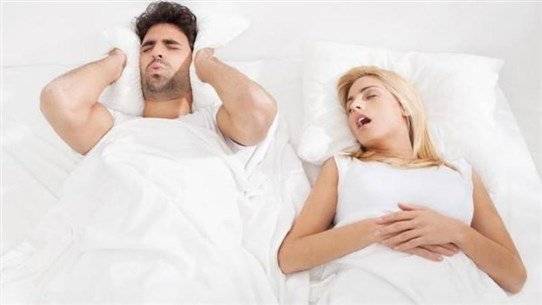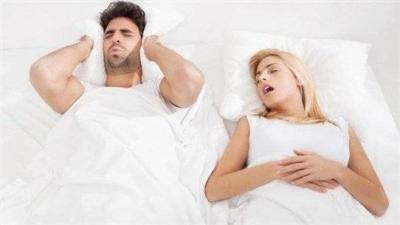A study has found that snoring is more common in women after menopause due to a deficiency in hormones. Researchers in Norway discovered that the blame does not lie with estrogen and progesterone, which are the hormones replaced in women undergoing hormone replacement therapy, raising hopes that this therapy could help with snoring and sleep apnea as well.
The research included 774 women who were given a sleep questionnaire to determine the likelihood of experiencing obstructive sleep apnea. To meet the criteria, they needed to snore and often suffer from either irregular breathing, gasping, or snoring that disturbed others in the past 12 months. Blood tests showed that if women could double the amount of a type of estrogen called oestrone in their bodies, their likelihood of being suspected of having obstructive sleep apnea would decrease by 19%. If they could double their progesterone levels, they would be 9% less likely to develop this condition.
There is still limited evidence suggesting that hormone replacement therapy could reduce the risks of this condition, so further research is needed. However, Dr. Kai Triebner, the lead author of the study from the University of Bergen, stated: "This study is exciting because it suggests that hormone replacement therapy could be a solution for women who experience snoring and sleep apnea due to menopause. This is important because sleep apnea is associated with serious conditions like heart disease and stroke. We already know that hormone replacement therapy can improve temporary menopausal symptoms like hot flashes and night sweats, and help with more serious potential effects such as osteoporosis, and now it could assist many women struggling with severe snoring and difficulty breathing at night."
The study, published in the PLOS One journal, looked at women aged 40 to 67 from seven different countries who participated in a European health survey. Among the 774 postmenopausal women examined, nearly three-quarters, or 551 of them, snored. These women were asked three additional questions about the past 12 months to assess whether they might be experiencing obstructive sleep apnea, which becomes more common and severe in women after menopause.
The researchers did not directly compare the levels of estrogen or progesterone in women, which significantly decrease after menopause, causing many unpleasant symptoms. However, their results suggest that doubling the type of estrogen called oestrone is linked to a five-fold lower risk of sleep apnea, and doubling progesterone decreases the likelihood of this condition by nine percent. This was the case even when accounting for factors such as the woman's weight and whether she smoked, both of which increase the risk of sleep apnea and snoring.
Researchers indicate that the decrease in hormones after menopause may lead to an increase in fat in certain areas of the body, which could heighten the risk of sleep apnea by depositing fat in the throat, leading to a narrowing of the airway.




